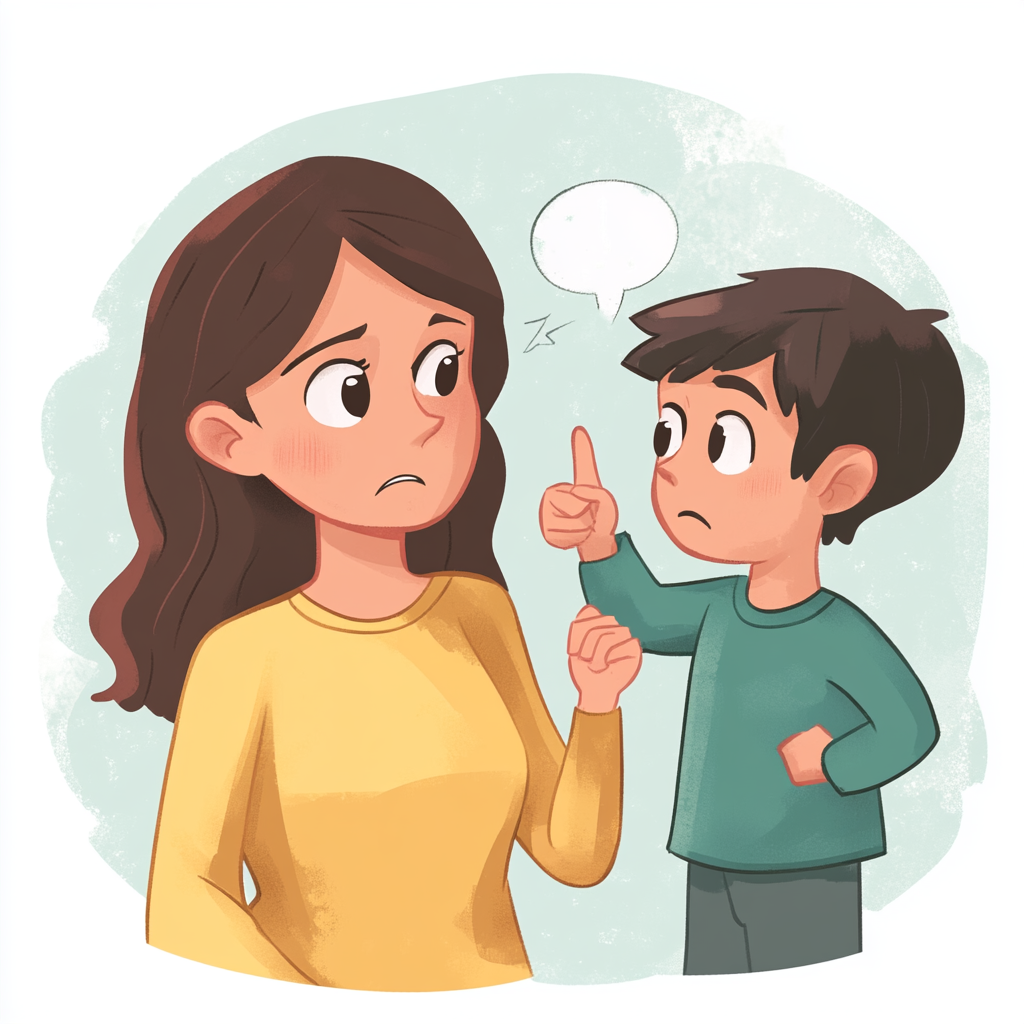The malicious parent will avoid responsibility for any fault of their own within the relationship. I have heard many parents blame the other for their current position in life, with little to no reflection on how their own choices led them there. Often, this delusion and avoidance of responsibility stems from a character disorder. A parent with such traits may make statements like, “He is the reason I was unable to finish my college degree,” or, “I had to take care of the children all day, and that’s why I was depressed and lacked a social life.”
In The Road Less Travelled (1978), M. Scott Peck The Road Less Travelled (1978) explains that both neurosis and character disorders are, at their core, disorders of responsibility. The neurotic assumes that their problems are entirely their own fault, while the character-disordered individual assumes that someone or something else is always to blame. A parent with a character disorder is unable to self-reflect and instead attributes their suffering to others, external situations, or environments. If our former partner refuses to acknowledge any personal fault in the breakdown of the relationship, it may indicate a character disorder. However, in the context of the Family Court system, admitting fault may not be in a parent’s best interest. Lawyers often guide their clients to avoid self-blame while shifting fault onto the other party. This strategic approach should not be mistaken for a full-fledged character disorder, so we must be cautious when labelling others. Nonetheless, the inability to reflect on past mistakes and take accountability can be a clear indicator of one’s character.
We must recognize these traits not only in our former partner but also in ourselves. Our sanity does not depend on another’s perspective of the world but on how we see it and our place within it. When we shift blame for circumstances that may be our own doing, we fail to identify areas that need improvement. Conversely, if we take responsibility for situations that were not our fault, we enable the other parent to evade accountability, unfairly burdening ourselves.
Due to this deflection of responsibility from the other parent, we may begin to feel as though we are the problem. It is crucial to examine any claims against us with an open mind, understanding that the malicious parent prioritizes winning over fairness. We should view our story as if from a third-person perspective: What was our role? What was theirs? Seeking the truth rather than fearing how it reflects on us allows for genuine self-improvement. If we have acted poorly, acknowledging and addressing our mistakes demonstrates accountability and growth. A fundamental issue with a character disorder is stagnation—these individuals remain the same yesterday, today, and tomorrow, always blaming others while refusing to take responsibility. We do not want to be stuck in the same place. Recognizing our mistakes and making changes allows us to grow and move forward. We are not always to good person…
A truly unfortunate aspect of character disorders is that, even after separation, the tendency to blame others often continues. Some parents even shift responsibility onto their own children, saying things like, “The only reason I stayed with your father was because of you.” This implies that the children were the cause of the parent's misery, mental health struggles, or lack of success. As M. Scott Peck The Road Less Travelled (1978) explains, “children lack the capacity to see how inappropriate this is, and as a result, they often internalize the blame. This dynamic can lead to neurosis in children, as they come to see themselves as the fundamental problem in the world”.
If we are in Family Court battling to see our children, we must remember that we fight to be parents and positive healthy role models—not because our children are to blame for our situation. We must be mindful of our words, ensuring that we never imply that our children bear any responsibility for our struggles. Likewise, we should avoid blaming our former partner for why we continue to fight for our parental rights. We all have choice…
We can solve our problems without placing blame on others, regardless of their actions. The problem itself may never change, but our approach to solving it can. As we grow mentally and emotionally, our solutions become healthier and more effective for everyone involved.
